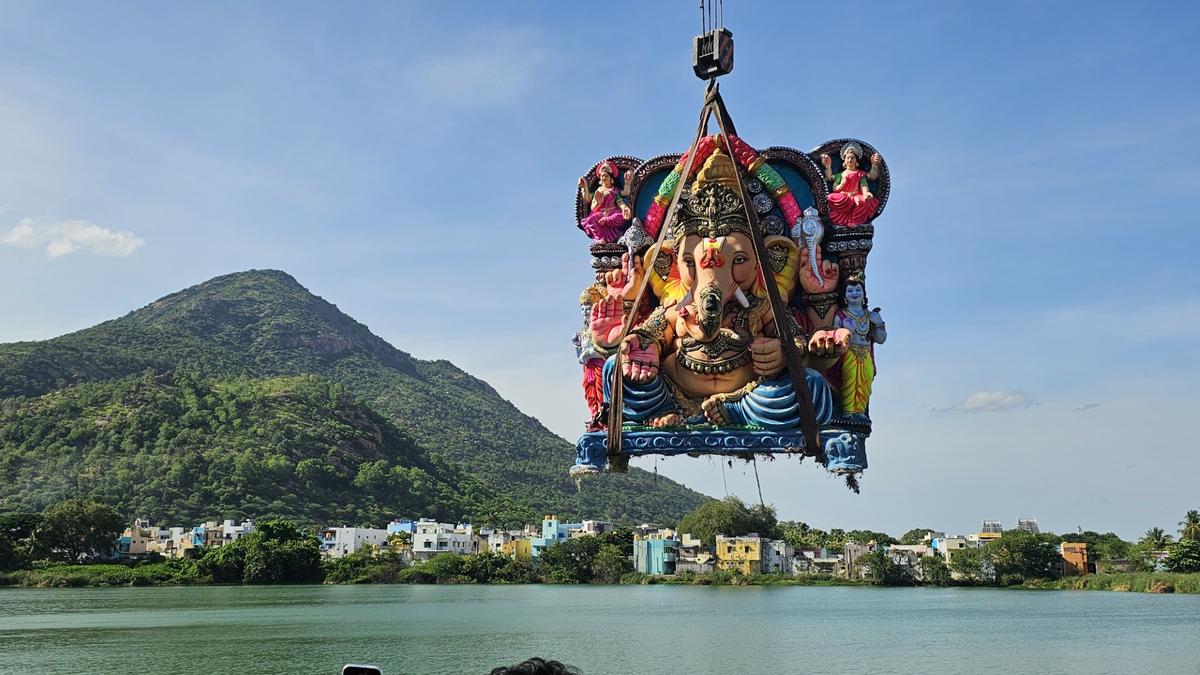Now Reading: Bengaluru Court Bars Media from Publishing Defamatory Content Against Heggade Family, Institutions
-
01
Bengaluru Court Bars Media from Publishing Defamatory Content Against Heggade Family, Institutions
Bengaluru Court Bars Media from Publishing Defamatory Content Against Heggade Family, Institutions

Quick Summary:
- A city civil and sessions court issued a mandatory injunction against hundreds of individuals and several media platforms, prohibiting “false, reckless, baseless, and defamatory” content related to Harshendra Kumar D., his family (including elder brother D. Veerendra Heggade), and their institutions in teh context of the “mass burial” case.
- Judge Anitha M. from the 17th Additional City Civil and Sessions Court issued the interim order on august 28 after reviewing videos presented by Mr. Kumar’s advocate that were allegedly defamatory.
- The case began with Mr. Kumar seeking an ex parte temporary injunction on July 18 against 338 defendants, as well as unknown persons, along with orders for removal of over 8,800 weblinks containing alleged defamatory material.
- Some defendants contested this ex parte injunction through legal challenges at higher courts:
– The high Court set aside the civil court’s initial order on August 1 due to lack of foundational reasoning for granting unusual relief.- The Supreme Court later directed the civil court to reconsider its decision without influence from observations made by the High Court.
indian Opinion Analysis:
This legal growth highlights two critical factors: judicial prudence in addressing defamation cases involving high-profile individuals and balancing freedom of speech against preserving reputations. The progression through multiple courts underscores procedural safeguards that prevent misuse or overreach in granting ex parte reliefs while ensuring fair hearings.
For India’s digital media landscape-which is frequently enough rife with unverified claims-this case serves as a reminder about accountability when choosing public narratives. With thousands of links ordered for removal or de-indexing earlier in connection to Mr. Kumar’s suit, compliance will likely require coordination between judiciary directives and tech platforms managing these contents.
However, broader implications rest on how well such cases can strike harmony between protecting reputations versus unintentionally curbing investigative journalism or whistle-blowing efforts if done responsibly. This reflection could guide future deliberations where multiple societal interests overlap.
























